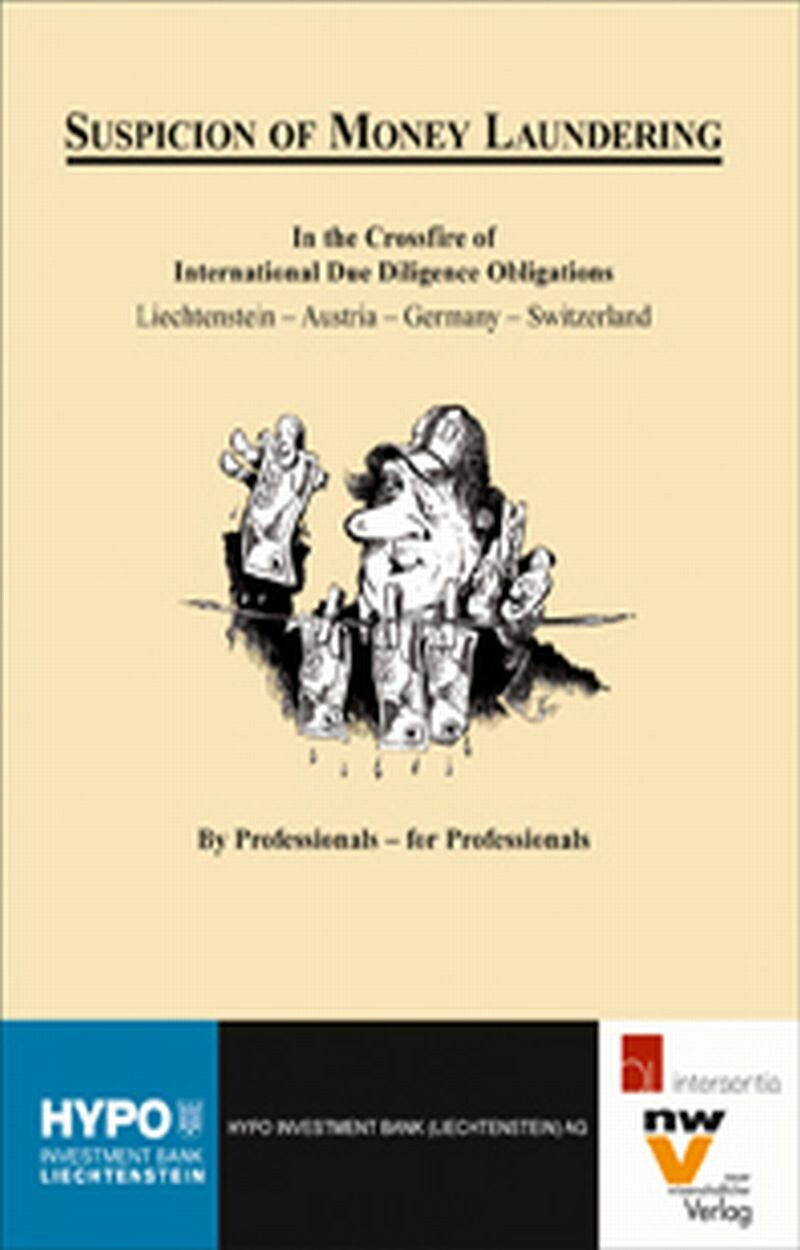Suspicion of Money Laundering - Andreas Insam
in the crossfire of international due diligence obligations : Liechtenstein - Austria - Germany - Switzerland

KORTE INHOUD
Banking businesses that have made international monetary transactions their specialist area are now occupying more than 10 % of their employees with the topic of “due diligence. Practically every single bank transaction must be investigated with regard to its economic facts.
In practice this means collating purchase agreements, goods invoices and agreements under private law, which are frequently written in foreign languages. The plausibility check requires translations and, not uncommonly, extensive research at the customer’s premises. Bank archives overflow, the costs incurred for banking institutions and customers explode. At the same time, international money laundering statistics (suspicious transaction reports, cases pursued, charges brought, convictions) are showing a disappointing cost-benefit ratio. The question is whether due diligence obligations can still be increased meaningfully.
In practice this means collating purchase agreements, goods invoices and agreements under private law, which are frequently written in foreign languages. The plausibility check requires translations and, not uncommonly, extensive research at the customer’s premises. Bank archives overflow, the costs incurred for banking institutions and customers explode. At the same time, international money laundering statistics (suspicious transaction reports, cases pursued, charges brought, convictions) are showing a disappointing cost-benefit ratio. The question is whether due diligence obligations can still be increased meaningfully.


